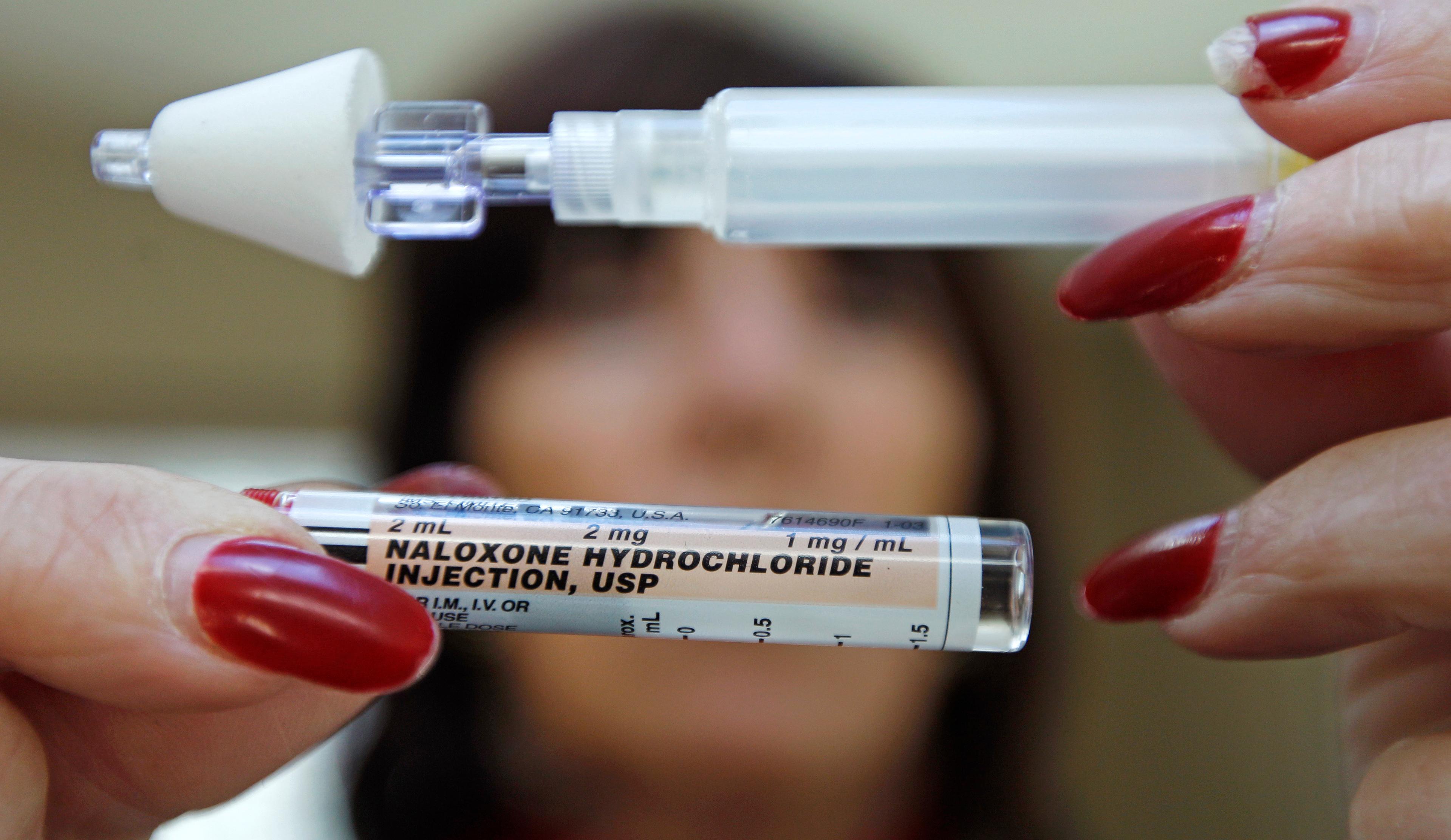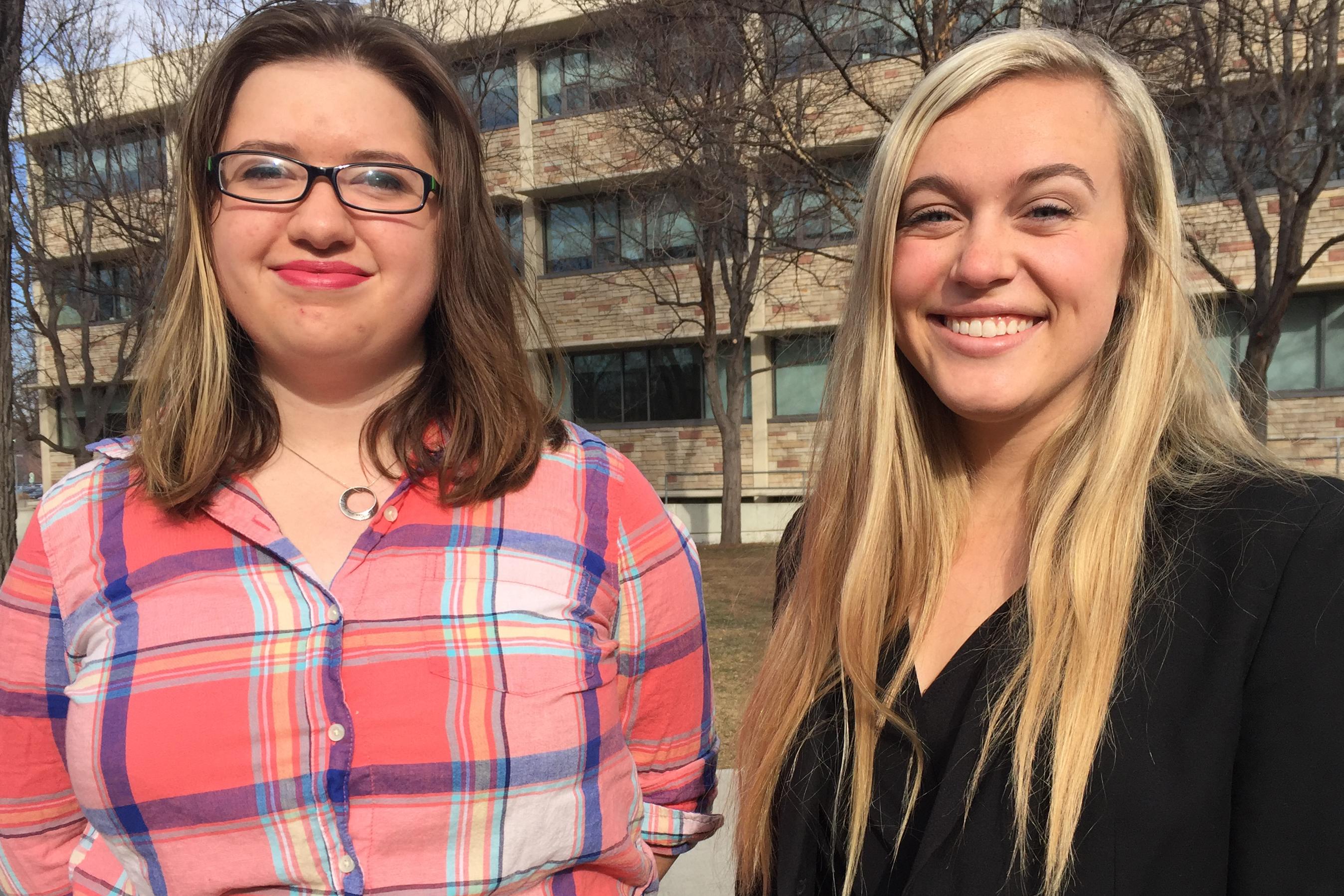
If you were a college kid and you could administer a drug that would save a fellow student from an opioid overdose, would you? At Colorado State University, there was recently an effort to get resident assistants, the students who oversee younger dorm occupants, to carry naloxone, which reverses opioid overdoses.

The idea proved controversial and now there's a search underway for a different answer. But the numbers driving the questions are eye-opening. While there haven't been any overdoses on the CSU campus, the idea has some resonance: In Colorado, 67 people under the age of 24 died of opioid overdoses in 2016, the most recent year for which data is available.
How do college-age kids deal with this growing epidemic? What role should a university campus play in finding solutions? Two students helped us sort through all this. Isabel Brown, the speaker of the student senate, introduced the original resolution calling for RAs to be supplied with naloxone. Kyra Ferguson, who heads the Residence Hall Association, which represents students in the dorms, opposes the idea.

Brown said her interest was sparked by family members who’ve struggled with opioids. The university currently trains RAs to call CSU police if they suspect an overdose. The idea behind the resolution was to “cut out the middleman and empower the individual RA to respond to that situation immediately,” she said. The proposal was drafted by a national nonprofit, Students for Opioid Solutions, which has chapters in 33 states.
But Ferguson argued that RAs aren’t even trained to deal directly with more-common alcohol overdoses, “so there was a concern .. they may not be prepared with the past experience to handle dealing with an opioid overdose.”
At least a couple of alternatives are now under consideration. Both women said they’d support training all dorm residents to recognize the signs of opioid use and abuse. Brown noted that within a few weeks CSU’s health center will make narcan available to any student who asks for it, and the student government might provide money to subsidize those purchases.
Ryan Warner: This is Colorado Matters from CPR News. I'm Ryan Warner. The power to reverse an opioid overdose isn't just for doctors and nurses. The drug naloxone, which can save lives, is fairly easy to administer, so we're seeing it in more and more places. The Denver Public Library carries it. Just the other day a guest on our show painted this scene from Vancouver.









